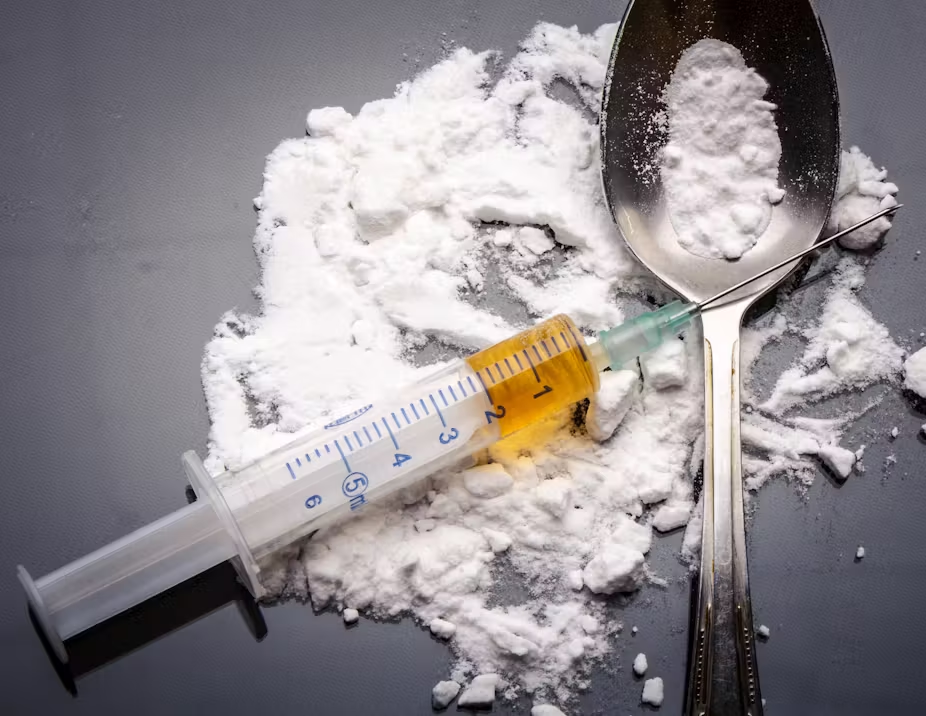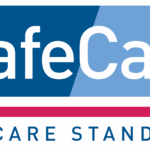Ghana is grappling with an unprecedented surge in substance misuse that threatens both individual well-being and national development. According to the Mental Health Authority, the country is witnessing a marked increase in the number of people resorting to illicit drugs, from cannabis and tramadol to more potent opioids and methamphetamines. This trend has unfolded alongside rising reports of mental health disorders, underscoring a complex interplay between addiction and psychological distress.
In an interview with 3News, the Executive Director of the Mental Health Authority, Dr Emmanuel Asante, sounded an urgent warning about the trajectory of the problem. “We are deeply concerned by the number of young people who are experimenting with and becoming dependent on hard substances,” he stated, adding that such dependence often precipitates anxiety, depression, and in many cases, psychosis.
Dr Asante emphasized that the Authority’s clinical facilities are reaching capacity, and without robust preventive measures, Ghana risks seeing further deterioration in population mental health.

Data compiled by the Authority reveal that urban centres, especially Accra, Kumasi, and Takoradi, have become hotspots for drug distribution and consumption. Informal gatherings in backstreet bars and unlicensed outlets serve as distribution points, obscuring law-enforcement efforts and complicating outreach by health
professionals. “The clandestine nature of these markets makes it exceedingly difficult to track usage patterns or intervene effectively before addiction takes hold,” explained Mrs Evelyn Owusu, Head of Community Services at the Authority. She urged greater coordination between the Mental Health Authority, the Ghana Police Service, and the Narcotics Control Board to dismantle illicit supply chains and to ensure that treatment facilities are accessible in every region.
Community leaders and social workers have likewise highlighted the role of socio-economic factors in driving substance use. In low-income neighbourhoods where youth unemployment exceeds 20 percent, boredom and hopelessness often steer adolescents towards drug experimentation as a form of escape.
Mr Kwabena Mensah, a youth outreach coordinator in Kumasi, recounted how many of the young people he mentors began using tramadol and codeine after being introduced to the substances by older peers in their communities.
“ They see quick relief from daily pressures, but they do not see the chain that follows—loss of ambition, broken families, and shattered dreams ”
Mr Kwabena Mensah
Such testimonies underscore the need for livelihood programs and alternative recreational opportunities to divert vulnerable youth from harmful behaviors.
In response to this growing crisis, the Mental Health Authority has unveiled a multi-pronged strategy that blends prevention, treatment, and rehabilitation.
Central to this plan is a nationwide anti-stigma campaign aimed at encouraging families to seek help without fear of shame. Dr Asante explained that changing public attitudes is as crucial as expanding clinical capacity.
“ Too many Ghanaians still view addiction as a moral failing rather than a medical condition, which delays timely intervention and entrenches patterns of secrecy and neglect "
Dr Emmanuel Asante
The Authority plans to roll out radio and television segments, community-based workshops, and school-curriculum modules to build awareness of the signs of dependency and to promote empathy towards those in recovery.
Complementing the educational drive, the Government is exploring partnerships with international donors
to establish additional rehabilitation centers in underserved areas. Negotiations are underway with the World Health Organization and the African Development Bank to secure funding for integrated care facilities that offer both detoxification services and mental health counseling. Mrs Owusu stressed that sustainable impact will only be achieved when treatment is accompanied by skills training and social reintegration programs, enabling former users to rebuild their lives with dignity and purpose.
Despite the challenges ahead, there are signs of cautious optimism. Pilot initiatives in the Eastern Region have combined mobile outreach units with peer-support groups, resulting in a 15 percent increase in clinic enrollments and a corresponding reduction in relapse rates over six months.
Mr Mensah, who helped coordinate these efforts, reported that when young people see peers share their recovery journeys, it dispels myths and fosters hope. As Ghana mobilizes resources and unified action against substance abuse, these early successes offer a blueprint for scaling up interventions across the country.
Source: https://3news.com/opinion/drug-abuse-in-ghana-wonim-red-a-growing-crisis-among-the-youth



